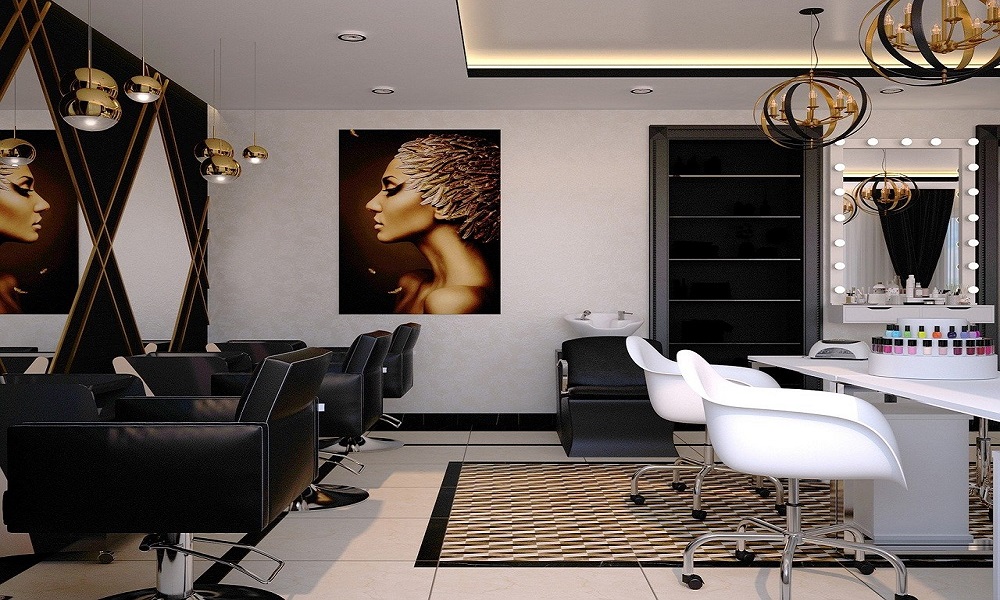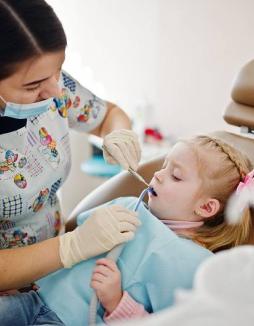The Importance of Hygiene in a Beauty Salon
Regardless of the sort of business, the law mandates that every workplace be completely sanitary. This is especially crucial in a place like a hair or beauty salon where a large number of different customers pass through on a daily basis. Working in a salon requires being exposed to a constant flow of clientele and providing procedures on anything from their hair and scalp to their fingernails and toenails to their most intimate parts.
That said, it is critical that as a salon owner or a manager, you have outstanding salon hygiene and regular cleaning at the top of your priority list, not just for the safety of your employees but also for high-quality service to your customers and guests, making sure that the company runs smoothly and no one’s health is endangered.
What’s The Importance of Maintaining High Sanitary Standards in a Beauty Salon?
Cross-contamination can be avoided by maintaining high levels of cleanliness in your salon. Fungi, viruses, parasites, and germs can spread rapidly if you can’t do your part to prevent them, whether it be from yourself, another customer, or unsanitary instruments.
Cross-contamination is a realistic possibility with tools like brushes, scissors, and tweezers — and customers would be a little creeped out if they found out you were using the same nail clippers on all of them without sanitizing them! Plus, pathogens can spread easily between customers in this manner, resulting in diseases that make them unlikely to return to you.
The best thing you can do is make hygiene a primary focus in your salon's day-to-day operations. A salon sanitation checklist could be used to remind the entire staff of appropriate practices and provide training on how to maintain a clean and hygienic salon.
Avoiding Cross-Contamination
Cross-contamination in salons is most commonly caused by beauty equipment. Between every use make sure to thoroughly clean and sanitize all equipment, furnishings, and tools. Moreover, tools must be maintained clean and dry while they are not being used. Additionally, towels must always be cleaned regularly and kept stain-free at all times for hygienic and aesthetic reasons.
In general, your cleaning solutions and sanitization products should come with instructions for use, which is, needless to say, recommended to follow. If one of your customers seems to have a bacterial infection, a wound, or any other kind of infection, it’s best to wait until they have recovered before treating them again. If you serve these customers, you raise the risk of cross-contamination and an infection in your own salon and across your customer base.
The following are some of the most important principles to follow in order to prevent cross-contamination in your workplace:
- Avoid coming into contact with an infectious person who could endanger your customers
- Sanitize treatment areas and workspaces on a regular basis
- During service, provide customers with personal items such as a blanket and robe that are either freshly cleaned or disposable
- Hands should be thoroughly washed before, throughout, and after each client's session
- Clean and sanitize tools, materials, and equipment on a regular basis
- Wear personal protective equipment (PPE) such as masks, gloves, and aprons when necessary
- Waste should be disposed of correctly and completely
Hygiene Product You Should Have in Your Salon
Do you have all you need at your salon to keep working procedures safe and sanitary? Check out the following items to check if you have them:
- Disinfectant tools used to kill bacteria
- Jar with disinfectant
- Disposable gloves
- Hand sanitizer dispenser and soap
- Towels and paper towels
- Surface cleanser with antibacterial properties
- Clean covers or a beauty couch roll
Personal Hygiene in Salons
While working in a hair or beauty salon, it is critical that all salon employees understand the value of personal cleanliness. It's critical to project a professional image that gives your client confidence in coming to your salon.
Furthermore, improper personal hygiene in your workplace might pass infection. Things like dirty nails and unclean hands or clothes can contain germs that can easily be spread among your customers.
Keep in mind that when it comes to highly sensitive places and procedures, such as eyelash application or dermaplaning, the use of disposable gloves over simple hand washing is highly recommended for safer and more hygienic outcomes and infection prevention.
Keeping the Salon Floor Clean?
With a high volume of foot traffic, your salon's floor is a busy place that must be kept clean at all times. If your cutaway nail extensions have gone missing, or a mass of hair has collected around your cutting zone, for instance, this needs to be taken away as soon as possible, not only to minimize tripping hazards but also to prevent diseases from spreading from place to place. Make sure you scrub the floor thoroughly at the end of each day so it's ready for the next full working day with new customers.
Concluding Thoughts
Customers appreciate going to the salon because they can relax a bit while having their nails and hair styled by specialists. Many people view today as a time to relax and indulge in a little extravagance. Employees and customers, on the other hand, might contract illnesses and viruses from infectious material and work areas, unclean tools, and unwashed hands. While they are dangerous and difficult to cure, they can be avoided by following good workplace and hand hygiene measures as mentioned above in this article.













